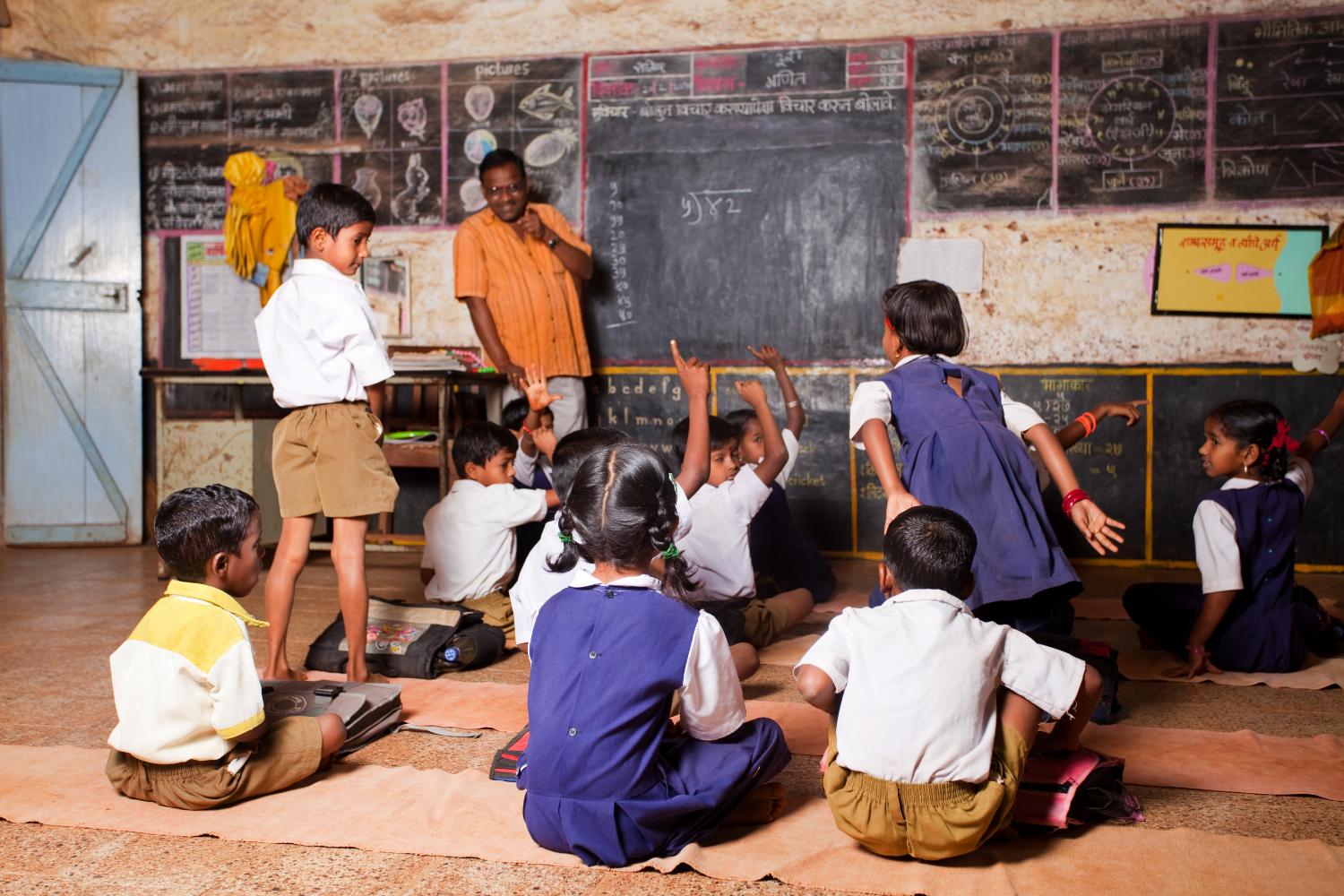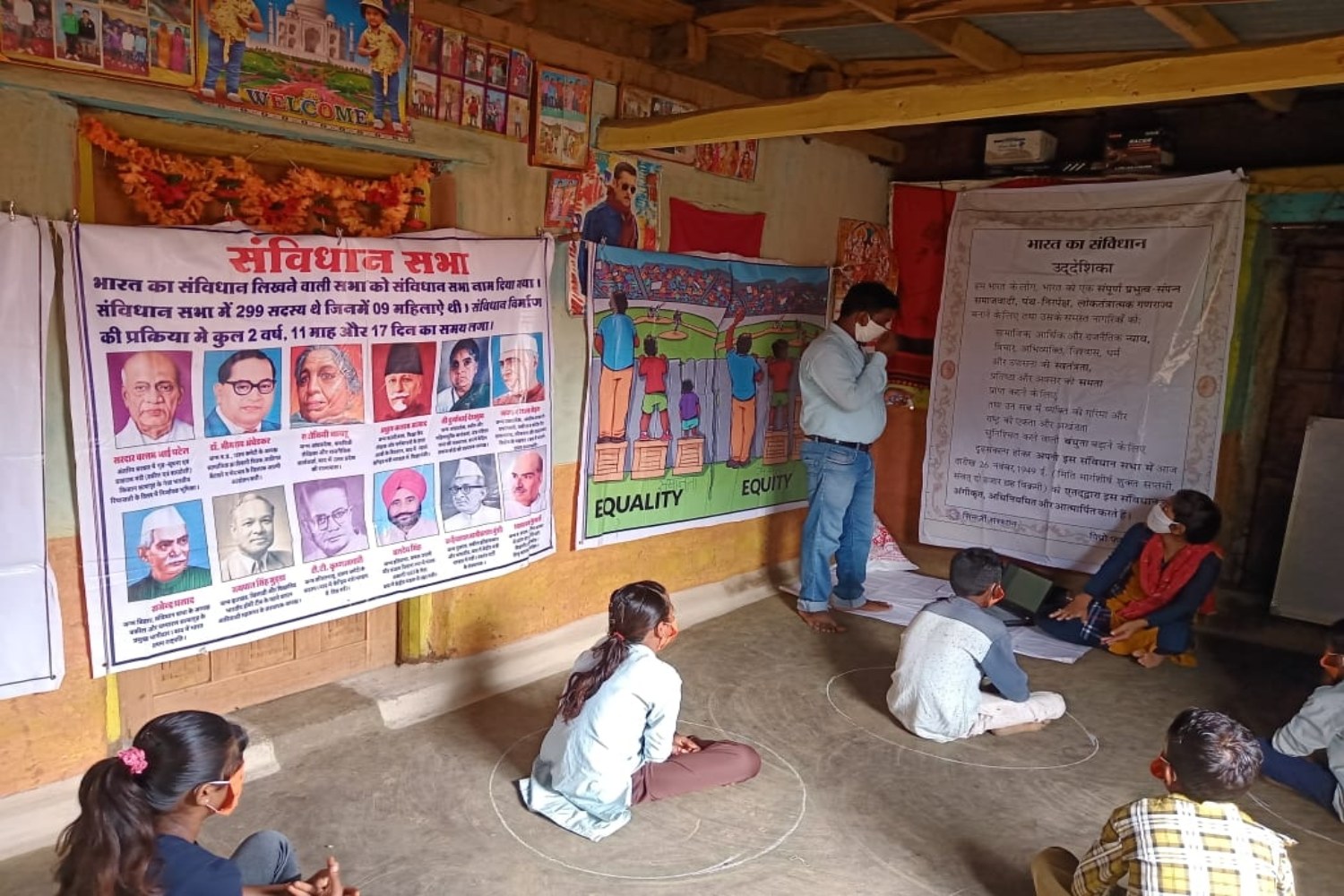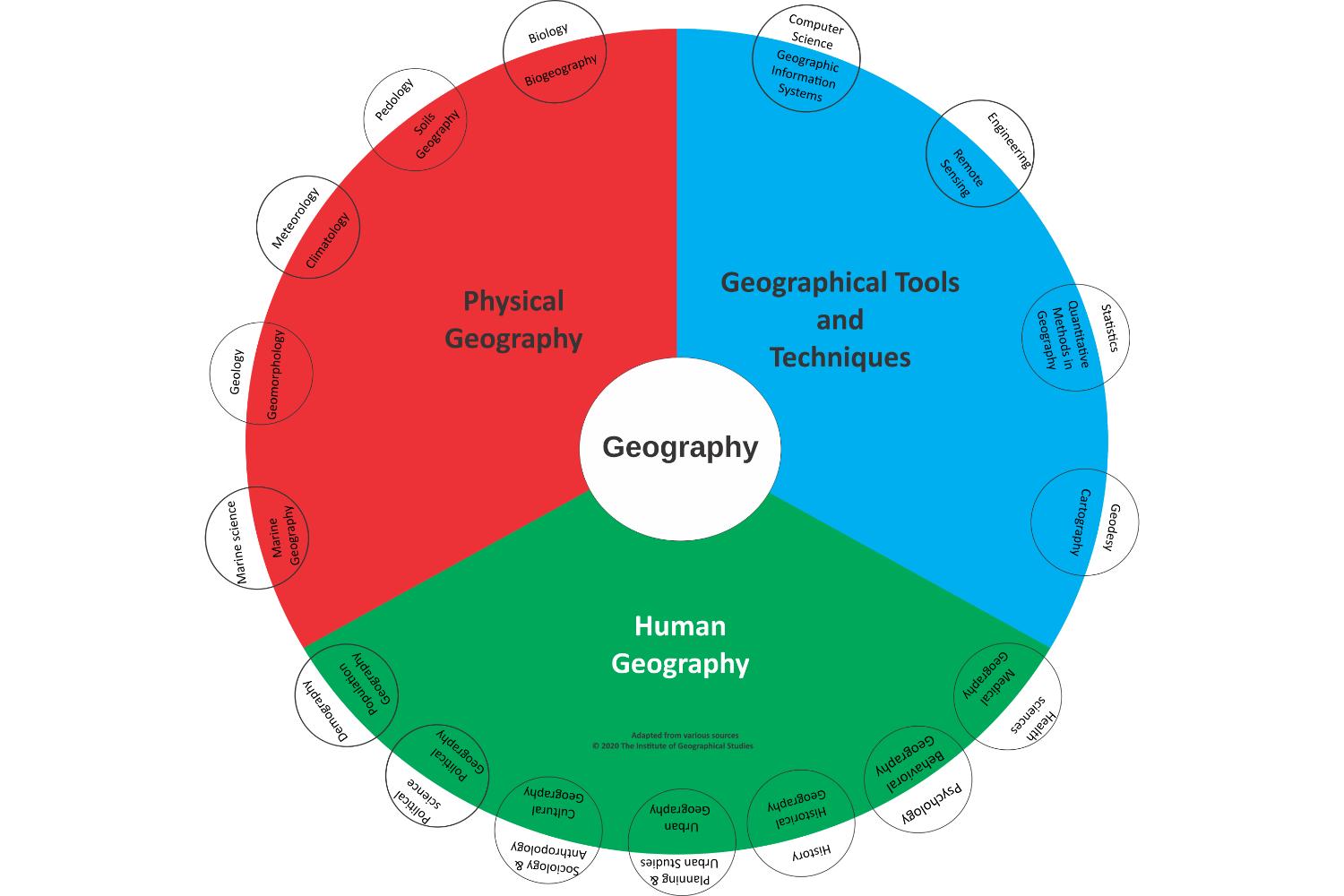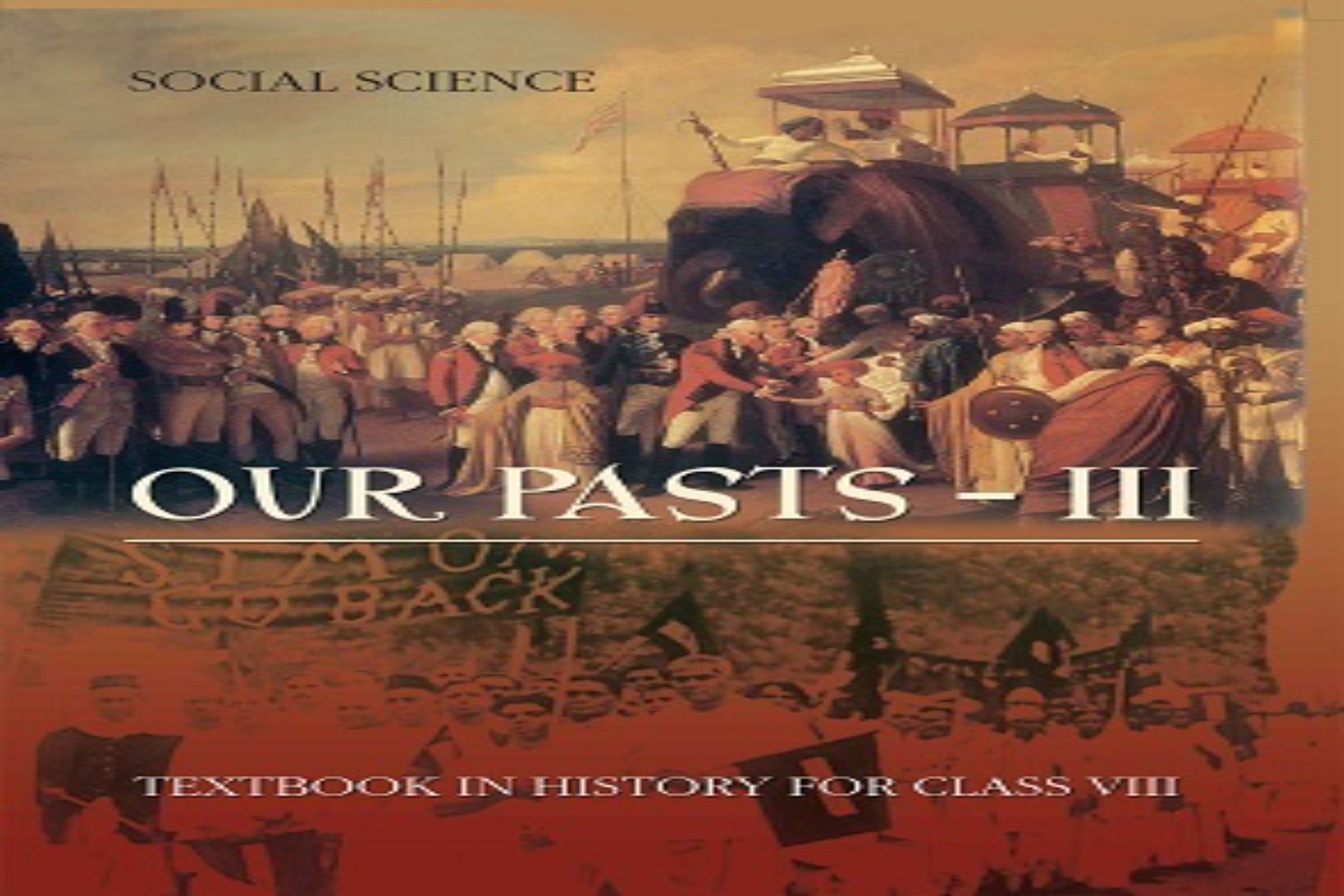Exploring social science teaching: the case of the mentor-teacher program in Delhi
Here, Sveta Dave Chakravarty and Shashi Mendiratta share learnings and insights from their work, undertaken as a collaborative journey of learning about social issues with mentor-teachers, other teachers, and students.

At the Ferdinand Centre (TFC), our work has been at the interface of social sciences learning, building democratic cultures in classrooms and citizenship education. Our work with social sciences teachers has dealt with these and other related areas, to make the dream of democratic learning spaces a reality. The Mentor Program in Delhi was started as an important step in this journey of collaborative learning about social issues.
As we started our work with the Mentor Program in the Delhi School System, we were clear on the need for student learning to be an active process, leading to the building of core capacities, including critical thinking and empathy. Our goal was to create spaces where students can undergo collaborative learning experience in class.
This was to be facilitated through explorations of critical questions, discussions around thought-provoking videos, disturbing news items, articles, and cartoons. The students then must reflect on and process what they experienced.
Learning to mentor and mentoring to learn in professional learning communities
In our experience teacher competence is the main issue at hand. We have found that many teachers do not understand the subjects they are supposed to teach. We were working with Mentor Teachers, who all had extensive classroom experience. Most of them understood one or more subjects really well and could contribute to helping their colleagues to understand all the Social Science subjects. We needed to harness this expertise, especially since teachers, tired of unhelpful, mandated ‘trainings,’ remain enthusiastic about learning from their peers.
Our goal was to create spaces where students can undergo collaborative learning experience in class
We set up Professional Subject Groups for each of the subjects with a few Mentor Teachers in each group. The idea was to explore concepts deeply and then take a topic at a time to the rest of the Mentor Teachers.
These small groups, Professional Learning Communities (PLCs), formed an engaging and safe forum for discussion, with mentors sharing experiences and ideas for taking concepts to class. Inevitably, these sessions led to deep discussion, research and broadening of perspectives and knowledge of the group. Some mentors started taking the ideas to their Mentee Schools.
Apart from advancing Mentor subject knowledge, we had to prepare for sessions with the larger mentor group. We needed a methodology to articulate what really needed to be understood, based on the audience, whether it comprised of teachers or students.
Social Sciences are so interesting that there is no end to how deep and broad one can go. So, we needed a way to prioritise concepts – what must the teacher know and understand well enough to encourage students to ask questions and enquire into the subject?
The teacher must be prepared and have access to well designed and curated resources like engaging videos, readings and news items to be able to facilitate enquiries into different sub-topics. To ensure subject mastery, the teacher must herself be able to design a curricular unit with these resources.
Understanding by design
We have found the methodology of Understanding by Design, as advocated by Jay McTighe and Grant Wiggins in their eponymous book, to be very promising for curriculum development. But it has a significant learning curve. The focus on identifying what understandings can be constructed from a particular set of facts, by pursuing an essential question about a particular topic, has served to help mentors (and us) to clarify and deepen our understanding of topics.
Thus, a question such as “In what way did the shifts in power structure in different phases of the French Revolution influence its outcome; in what ways did it have an impact on the world?” would need investigation into phases of the revolution, and then require learners to construct their understanding from these investigations.
A sample summative understanding might be: “Though the French Revolution ended with a return to monarchy, it irreversibly transformed the world by changing the organization of political power, the nature of society, and the exercise of individual freedoms.” Education has to lead to understanding at this level, rather than an ability to parrot facts without understanding.
From training to co-learning: traveling the TFC way
After two years of similar mind-expanding discussions of various topics, mentors are now receptive to using such tools to structure their deepening understanding of the subject. They are beginning to identify ways to help mentee teachers deepen their own subject understanding by using these tools to develop learning modules for them. But it has been a long and tortuous path to this realization; the PLCs will have to figure out ways to shorten the learning curve for teachers.
We have found the methodology of Understanding by Design… to be very promising for curriculum development. But it has a significant learning curve.
Developing regular learning modules will be an effective strategy, we hope, but it remains to be tried out with teachers. When teachers’ own subject understanding is deep and broad, and they learn strategies to teach that subject for understanding, and to build core capacities in students, only then will they be able to create unit plans that can transform their classrooms, empowering students to go deep and construct powerful understandings about the world around them.
The modality of ‘trainings’ has failed spectacularly to change teaching practice; it is far more likely that voluntary and ongoing collaborative learning for teachers will yield better results in classrooms. This process of regular professional learning can be triggered and sustained if the mechanism of the PLC is prioritized by the system with the provision of support (even incentives) for mentors to lead such PLCs and for teachers to join them.
We at TFC are focused on R&D. For us, as for the Mentors, this is a process of active collaborative learning. As a composite PLC of Mentors and TFC, we need to move to the next step, to observe potential solutions working at the teacher and school levels before they can be scaled up. But we have understood that these efforts need to be supported and institutionalized as they are shown to work. The learnings will die a quick death if the School System does not evolve to make life easier and more academics-focused for all teachers, including the Mentors.
The Professional Learning Communities can work for teachers in districts. The Mentors now constitute a 30-strong cadre of Social Science teacher educators. But the groups will need support, coordination and encouragement by the Heads of the Schools and District Administrators. The School System must value and invest in this strategy for teacher preparation.
With the Delhi Government’s focus on improving education in Government Schools, there is hope for creating this teacher development mechanism for sustained learning improvements of teachers and students. Reaching a place where teachers have subject mastery and teach for deep understanding, where the system regularly develops students who are ready for life beyond school, is a 10-year endeavour. But It is one which will pay rich dividends.




No approved comments yet. Be the first to comment!